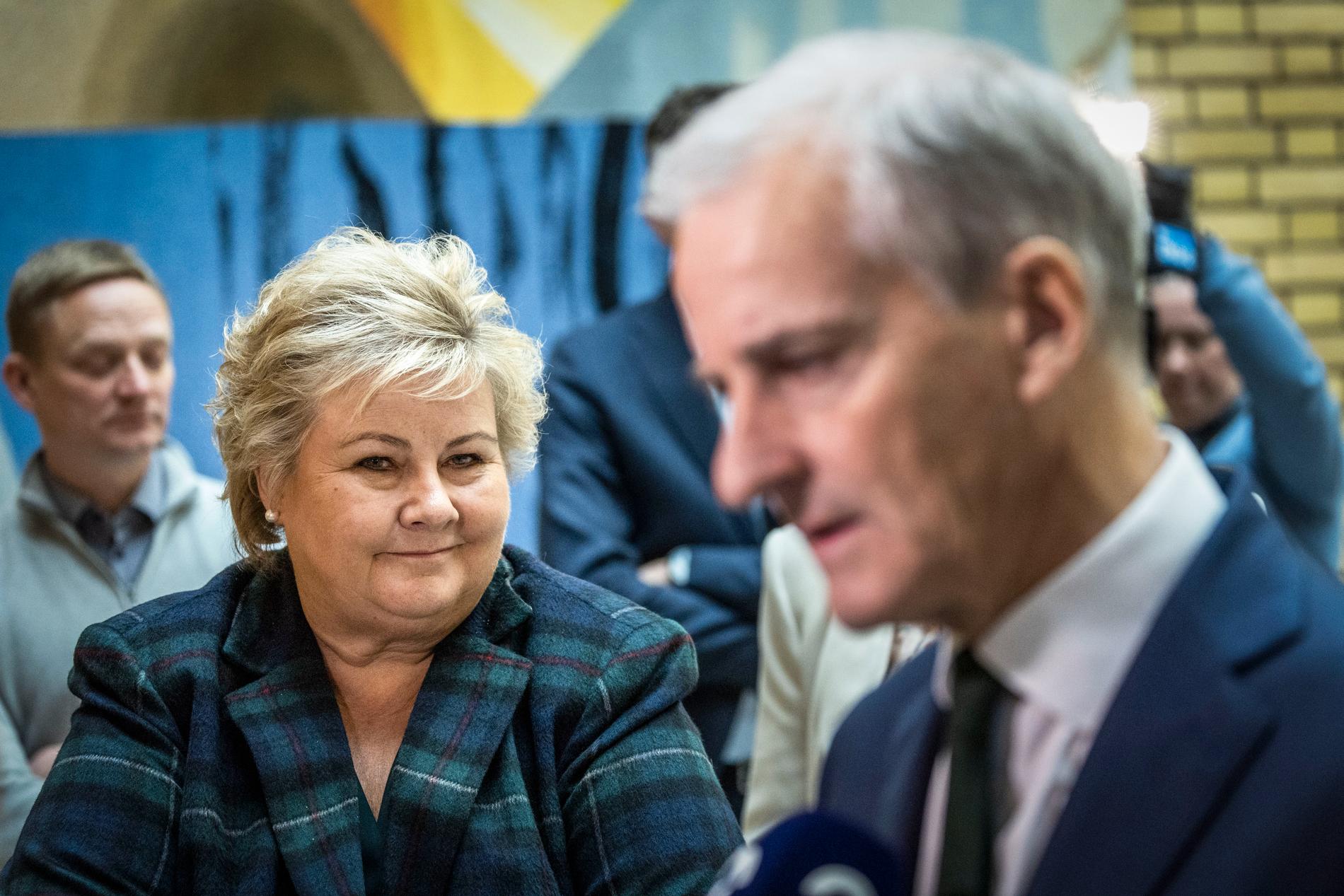The Conservative Party benefits from letting criticism of the Støre government run its course and not being too specific about its own alternatives, election researchers believe. They understand that ordinary people struggle to tell the difference.
– There are many people who are critical of the government. Those who profit from it are the Conservative Party, which does not have a policy that is radically different from the government. But voters go to them, not to parties that have very alternative solutions, says election researcher Jonas Stein at the University of Tromsø (UiT).
This weekend the Conservative Party gathers for a national meeting in Oslo. In the months leading up to it, they have surged ahead in every opinion poll.
In VG’s party polls, they have been in the 30s since September, most recently in March.
And as long as it continues like this, the Conservative Party would benefit from not going too concretely into what their options are, believes Stein.
– Serves by not being too specific
Stein lists some of the biggest issues the government has struggled with this year:
– In electricity politics, which many are very concerned about, it is not the case that the Conservative Party stands for a very radically different policy from the Labor Party. When it comes to questions about NATO and Ukraine, there is no disagreement, he says.
He further refers to the Conservative Party’s alternative state budget, where they kept 36 billion of the government’s tax cuts, primarily for the power industry.
– The Conservatives want to say that as an opposition party you cannot change everything in the government’s budget. There are probably some differences in the structure and extent of taxes, but they have also long said that those with the broadest shoulders must bear the most.
The party has, among other things, been critical of the salmon tax. But they have also said that they will take a final decision on the government’s proposal for such a tax when it is presented.
– I think the voters have a fair understanding of what the Conservative Party thinks about taxes. They benefit from coming up with a general desire for less tax without being too specific. If you start talking very concretely, you also have to start talking about which expenses will go away, says Stein.
– What is perhaps a reasonable assumption is that the right would probably be more responsive to input from the business world, he adds.
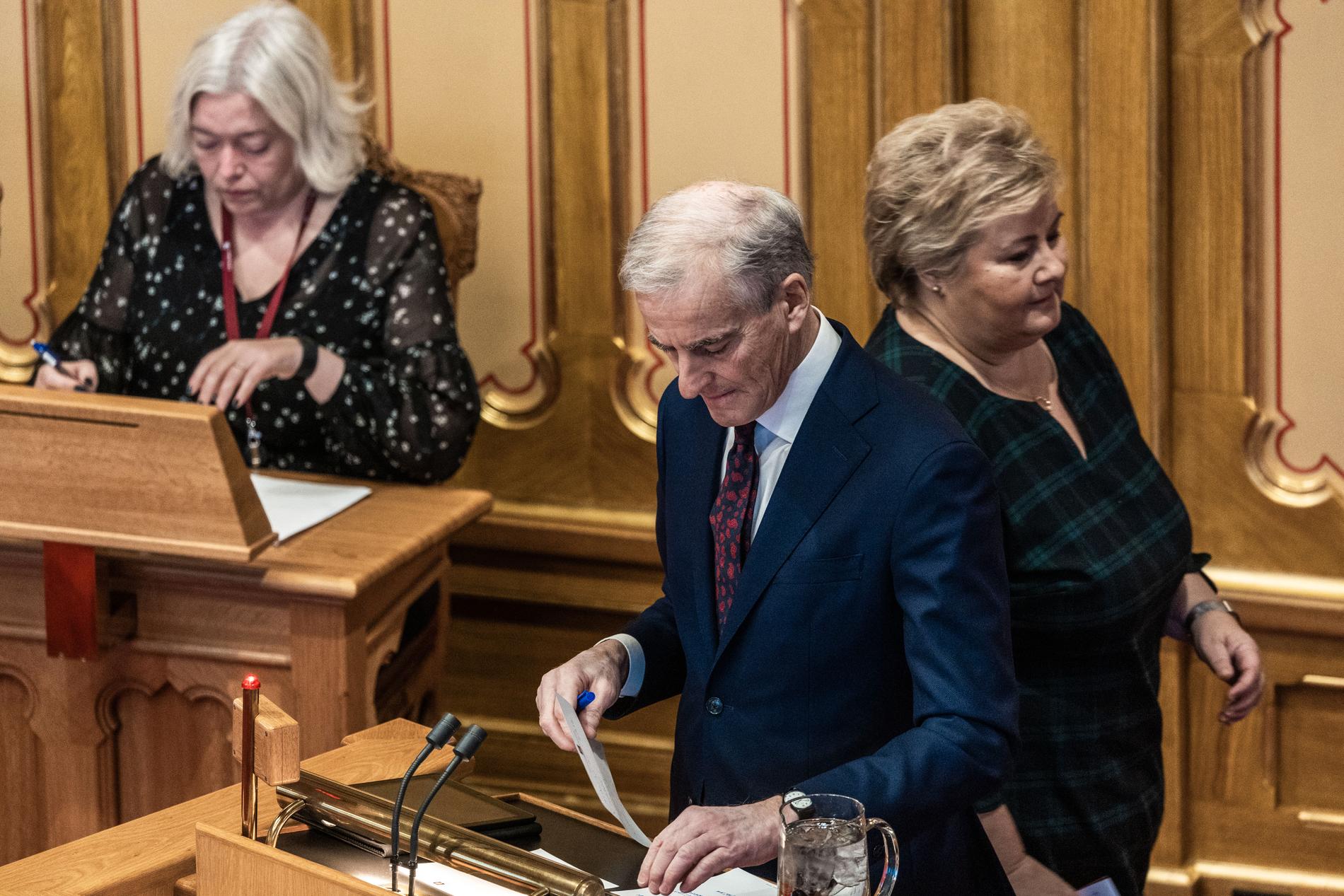
“Socialist Right Party”
Aslak Versto Storsletten is a historian and advisor in Civita. He believes there is no doubt that the Conservative Party has moved in a more social democratic direction after Erna Solberg took over.
– I tend to characterize the right wing as a socialist right-wing party, because I am not always able to see the difference between Labor and the Right, he says and elaborates:
– If you look at public spending, for example, it was record high under Erna Solberg – it has a lot to do with the oil revenues, which grew proportionally. But the Conservative Party as an old priority party is a bit lost, I think.
At the same time, he says there are some clear differences between the two main opponents: Public versus privately run welfare, and tax on owners – that is, wealth tax and dividend tax.

– Paradox
– It is probably not the case that you see very sharp differences between the Conservative Party and Labor Party, says electoral researcher and professor emeritus Bernt Aardal.
He calls it a paradox that the leaks from the Conservative Party to the Labor Party have been as large as they have been.
– There are significant transitions from the Labor Party to the Conservative Party, but in several of the areas where it is thought that the governing parties have been affected – such as current inflation – the Conservative Party has not necessarily come forward with completely different solutions. On the contrary, Erna Solberg has said that they would not pursue a very different policy in any of these fields.
He points out that people were satisfied with Erna Solberg’s crisis management during the pandemic, and that she received relatively little criticism from other parties as well. By comparison, he says the governing parties now receive criticism from all sides.
At the same time, he points out that opposition parties such as Venstre and Frp have now come forward with a lot of criticism of the government – precisely in the areas where there is not such a big difference between the Conservative Party and Labor Party.
– It may well be that we will see a slightly different situation in the future where the Conservatives can not only criticize the government, but can have some form of flanking problems both to the right and to the left of themselves.
– But until further notice, are they better off sitting still in the boat?
– As long as the opinion polls show what they show, then it is clear that there is no reason why they should not do it.
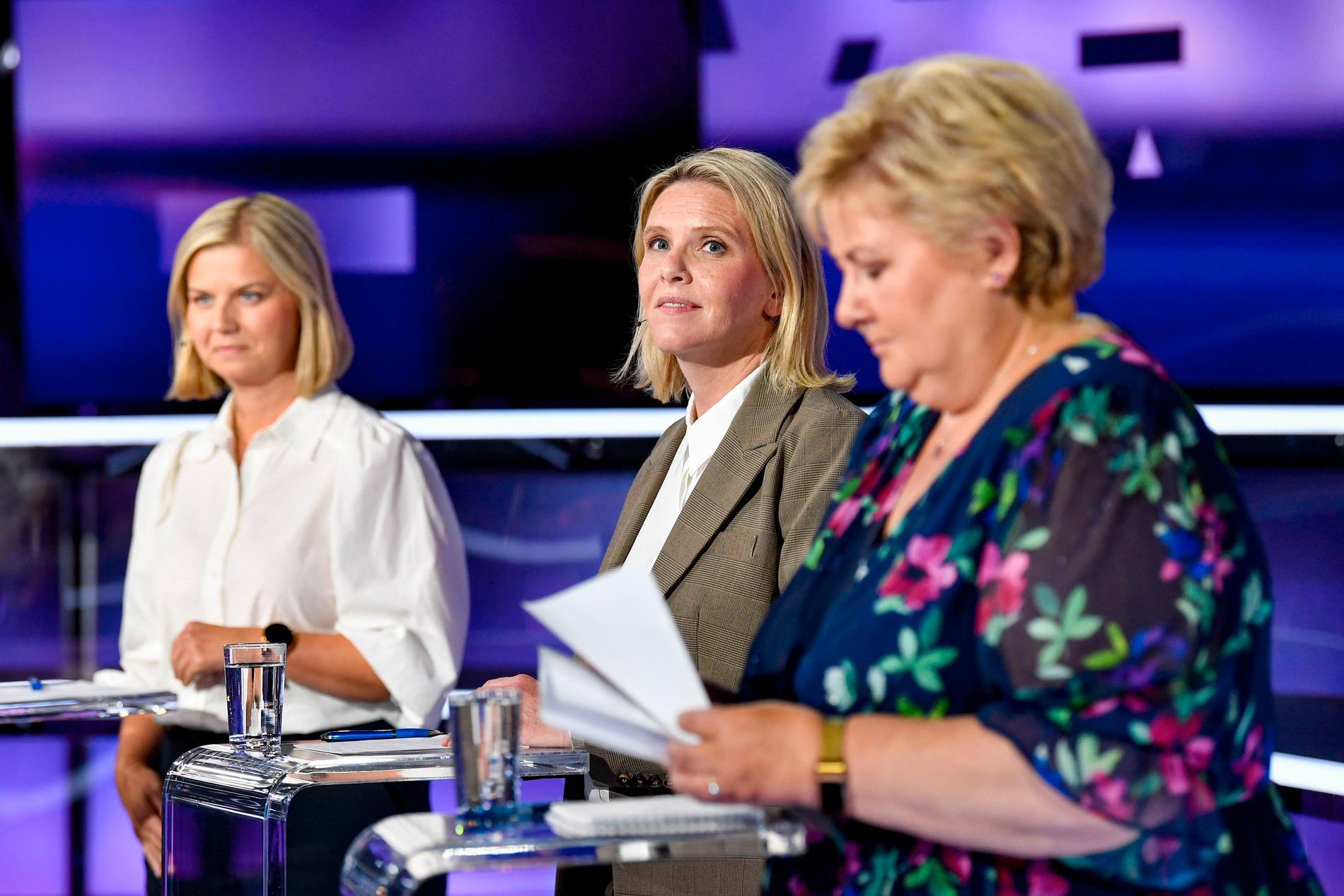
“Performance policy”
Stein describes many of the major problems Norway is facing today as valence matters – that is, matters where it is not a matter of the parties being for or against something, but of agreeing on the goal – and slightly disagreeing on the way to get there.
Political scientist Anders Todal Jensen at NTNU points to the same:
– We are on to something called “performance politics”. A great many voters initially agree on the basic goals of politics, and then there is a competition between the major parties as to who can most effectively deliver on those goals. Then the big advantage is to sit in opposition, in any case when the government delivers poorly in relation to what is expected.
And when the voters do not see big differences between the biggest parties, while at the same time they perceive that the government delivers poorly, he says it becomes Ap’s problem:
– The whole problem for Ap is that there is no difference anymore. If there is a difference it has become a very well kept secret.

Winning at letting it go
Electoral researcher Johannes Bergh also says that one of the things that goes best for the Conservative Party these days is when everyone else is talking about the government’s problems.
– In a sense, they have no great interest in drawing attention away from it. But in the questions where the voters are dissatisfied with the current government, it is not certain that the differences are that great for the party Høyre. And it is not certain that voters want a clear ideological change in politics in the direction of the right.
He believes that the Conservative Party can get away with waiting to come up with concrete alternatives in major matters, such as the structure and level of the large new taxes the government has introduced, until further notice.
– In the short term, I think the Conservative Party will win a lot by simply letting the criticism of the government run its course. But in a longer perspective, that is not a sustainable strategy for a political party, then you have to present your own solutions.
He believes that Høyre’s success in the opinion polls is more about management skills than about politics. He points out that people were satisfied with Erna Solberg’s crisis management during the pandemic, and are dissatisfied with the government’s crisis management now.
– The vast majority believed that the Conservative Party did a good job during the handling of the pandemic. Then you may not remember so well the things that were more conflict-filled during her reign.
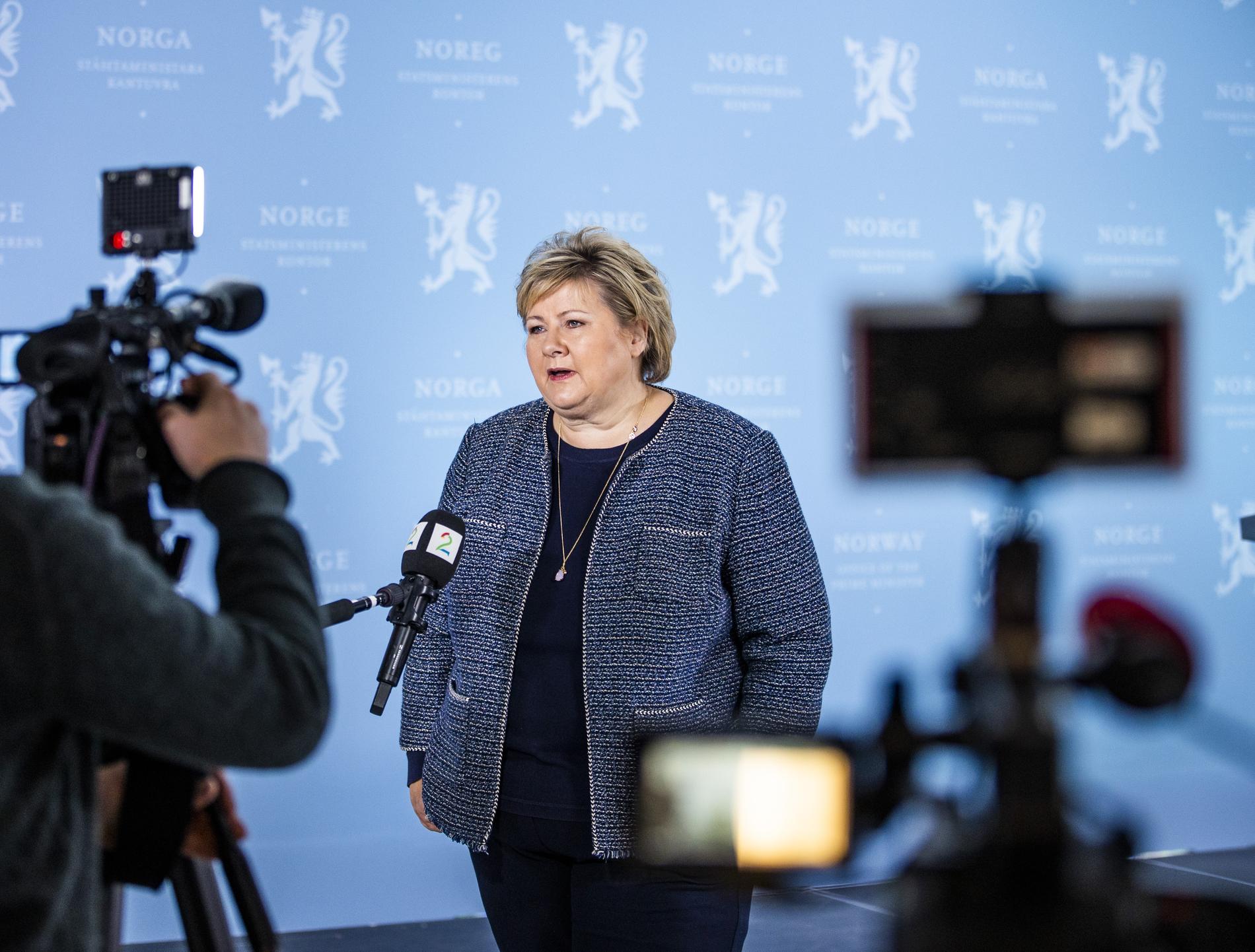
Right: – Teaching
Conservative deputy leader Henrik Asheim replies that he believes there is something “instructive” about experts who “almost portray it as if people vote Conservative because they want more Labor politics”.
– Then I think you underestimate the voters. I think the voters see how the government governs, and then they look at Erna and think that it would be both safer and more predictable.
He responds to the criticism bit by bit:
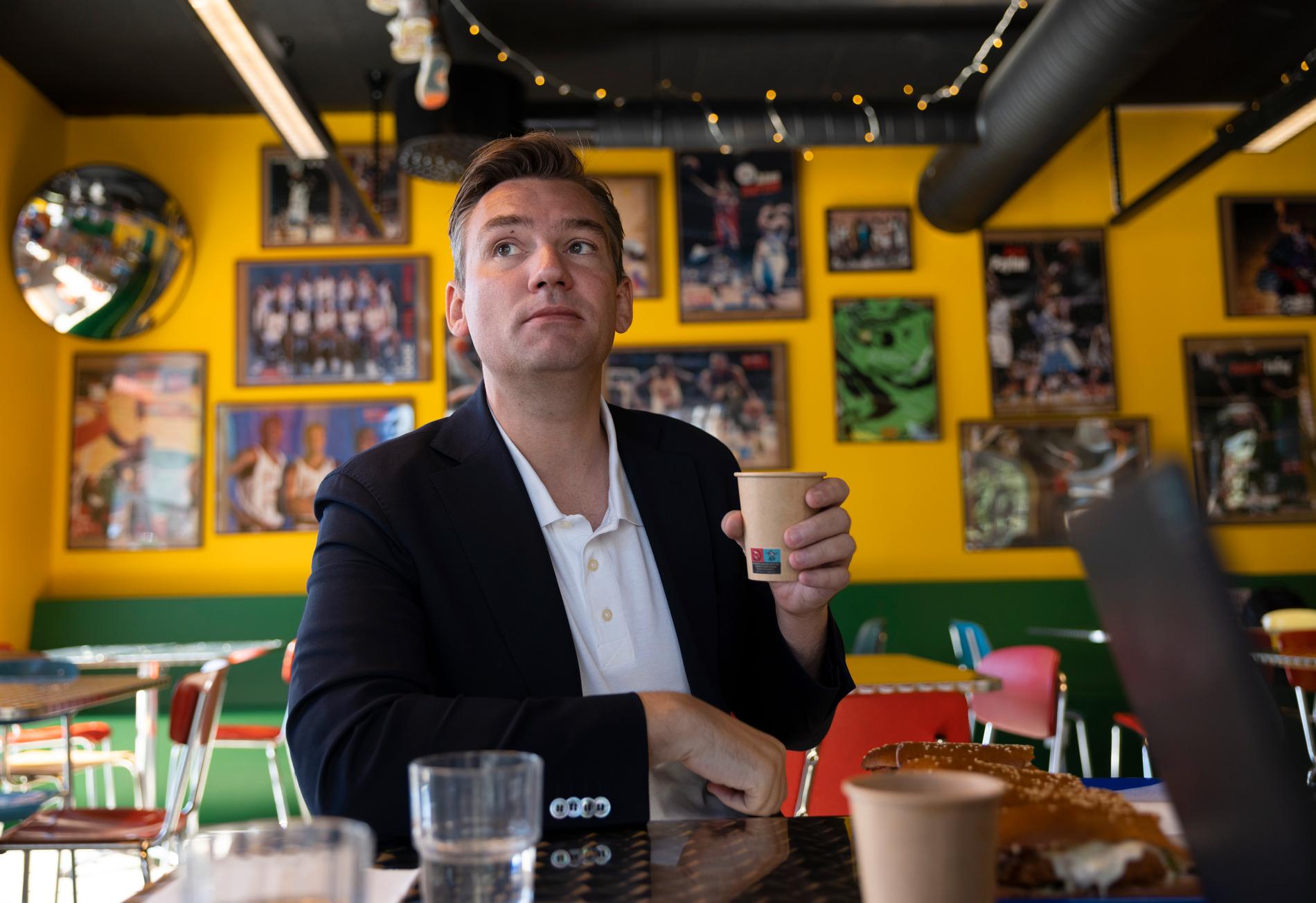
In electricity policy, Asheim says the Conservative Party stands out in that they proposed before the New Year twelve specific measures for increased power production
– They have met us in two, but ten of the moves still remain.
In the Ukraine policy, he says that the Labor Party and the Conservative Party stand together on the main line as it has become, but points out that the Conservative Party has been very critical of the government’s correctness in the initial phase.
– Most recently this week, the Conservative Party presented criticism of the government’s initial handling of Ukraine in the control and constitutional committee at the Storting.
When it comes to taxes, he says that the Conservative Party will cut taxes by over ten billion in its alternative state budget compared to the government’s budget.
– We want to remove the increased employer’s tax and we are against the basic income tax they have proposed. We have also been clear about which expenses will be eliminated, among other things we want to increase efficiency in the public sector and not spend large sums on dissolving municipalities and counties.
